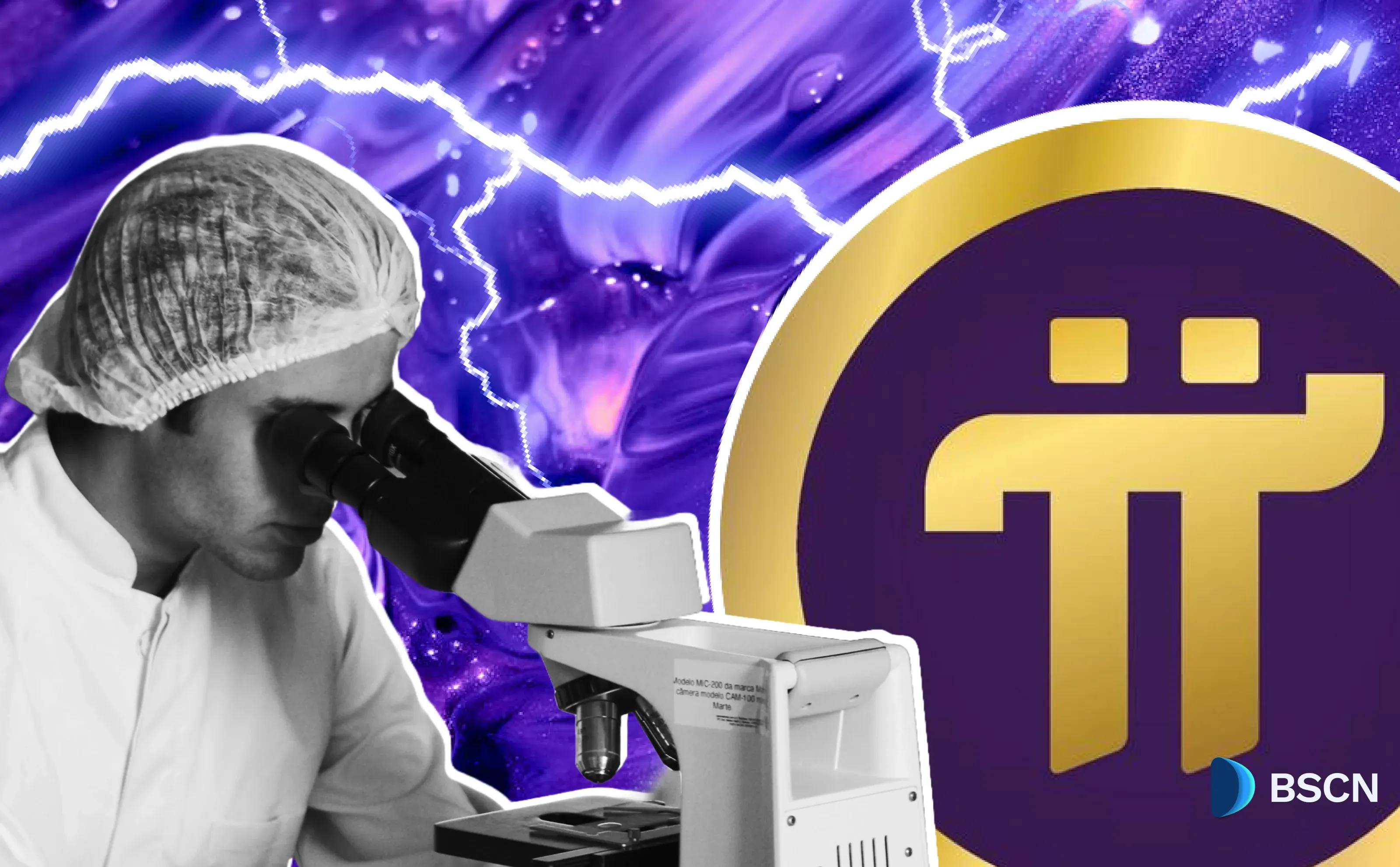ETH
Can US Regulators Claim Jurisdiction Over All Ethereum Transactions?

The SEC claimed it has jurisdiction over all Ethereum transactions because the chain's nodes are "clustered more densely" in the U.S. than elswhere.
Gerardo de la Playa
October 1, 2022
SEC: Ethereum Transactions Take Place in US
On the face of it, it was just a typical U.S. Securities and Exchange Commission enforcement action, when the SEC charged crypto promoter Ian Balina for not disclosing compensation he received from Sparkster for publicly promoting its tokens, and failing to file a registration statement with the regulator for Sparkster tokens ($SPRK) that he resold to a pool of at least 50 investors.
One statement in the SEC complaint against Balina, however, has turned heads in crypto circles, because the American regulator appears to suggest that it has jurisdiction over all transactions on Ethereum, the second-largest decentralized blockchain after Bitcoin.
The SEC stated that U.S.-based investors irrevocably committed to the purchase of SPRK tokens, which were built on the Ethereum blockchain, when they sent Ethereum’s native coin $ETH to Balina’s investment pool.
“At that point,” the SEC argued, “their ETH contributions were validated by a network of nodes on the Ethereum blockchain, which are clustered more densely in the United States than in any other country. As a result, those transactions took place in the United States.”
A node on the Ethereum network is formed every time two computers running the Ethereum client software are connected. The network of nodes is used to perform tasks, including validation and running smart contracts.
Currently, 46.2% of nodes are located in the United States, followed by Germany with 18.7%, according to Etherscan.
The claim that a preponderance of nodes in the U.S. would mean the SEC has potentially jurisdiction over all transactions on Ethereum has no legal weight. It is also unlikely that the court will express an opinion on the matter in this case.
The Long Arm of US Regulators
But the throwaway remark has nonetheless caught the attention of crypto advocates.
It reflects the SEC’s desire to bring as much of the digital asset space as possible under its, or any other U.S. regulator’s, purview.
In the absence of a clear legal framework, which is unlikely to be established by the U.S. Congress anytime soon, the SEC is inclined to make its own regulations through enforcement actions.
It is equally likely that the argument related to the share of U.S.-based Ethereum nodes will be brought up in response to future jurisdictional challenges of U.S. regulators.

The SEC’s comment shows that U.S. regulators believe most transactions even on a decentralized network can be characterized as taking place in the United States, if there is a significant number of U.S.-based computers, servers, networks or other systems involved.
It would be convenient for regulators if a court were to accept that proposition. After all, most Decentralized Finance (DeFi) protocols and Non-Fungible Tokens (NFTs) are running on Ethereum.
While new to the world of decentralized, internet-based transactions, the long arm of the U.S. judicial system has a precedent in international fraud cases.
In fact, the argument is reminiscent of U.S. regulators assuming jurisdiction for international corruption, money-laundering and sanctions cases that occur outside the United States but happen to use the U.S. dollar.
U.S. courts have consistently ruled that such cases are taking place in the U.S., because all U.S. dollar non-cash transactions, even between non-U.S. parties, are ultimately facilitated by U.S. correspondent banks.
Is Ethereum a Security?
The SEC comment in the Balina suit follows a report in the Wall Street Journal in which SEC Chairman Gary Gensler suggested that Proof-of-Stake (PoS) cryptocurrencies might potentially be considered securities.
Ethereum of course has just switched to a PoS validation process, which involves validators committing capital in the form of $ETH to a smart contract and receiving a reward for their work.

In Gensler’s opinion, this process of “staking” could indicate that an asset meets the definition of an “investment contract” subject to U.S. securities laws under the so-called Howey test.
The U.S. securities regulator first applied the Howey test when it released its DAO Report of Investigation to determine whether a token sale is a securities offering that is subject to SEC registration.
The test defines investment contracts as offerings that represent a monetary investment with an expectation of profit from a common enterprise in which the profit is derived solely from the efforts of the promoter or a third party.
While common in crypto, the concept of staking does not exist in traditional finance. Rather than being just a pure investment to generate yield, which would be more akin to a security, staking rewards participants for both the work they do and the collateral they commit.
It is not clear therefore that staking would meet all elements of the Howey test.
Ripple Challenges ‘Regulatory Land Grab’
One case that might help define and limit the SEC’s reach is the securities regulator’s suit against Ripple Labs Inc., which claimed the company’s XRP token issue was an unregistered securities offering.
The cryptocurrency firm filed a motion to dismiss the suit this month on the basis that the XRP token cannot be considered a security. Ripple said there simply was no “investment contract” in the sense of the Howey test, which would grant investors’ rights to the investment and a share of the profits and impose post-sale obligations on the company to act in the investors’ benefit.

According to Ripple, rather than arguing that the Howey test elements are present, the SEC attempts to establish a theory that becomes an “impermissibly open-ended assertion of jurisdiction over any transfer of an asset” that the SEC thinks may benefit from the registration and disclosure requirements of U.S. securities laws.
Without an investment contract, the cryptocurrency firm asserts, the Howey test cannot be sensibly applied.
“The SEC’s untethered position would convert the sale of all types of ordinary assets – diamonds, gold, soybeans, cars, and even works of art – into sales of securities,” the court filing said, adding that the SEC was “engaged in a regulatory land grab” that far exceeds the boundaries Congress set on its authority.
Ripple said in its filing: “The SEC is not following the law – it is seeking to remake it.”
Author

Gerardo de la Playa
Latest News
Crypto Project & Token Reviews
Project & Token Reviews
Comprehensive reviews of crypto's most interesting projects and assets
Learn about the hottest projects & tokens
Latest Crypto News
Get up to date with the latest crypto news stories and events







